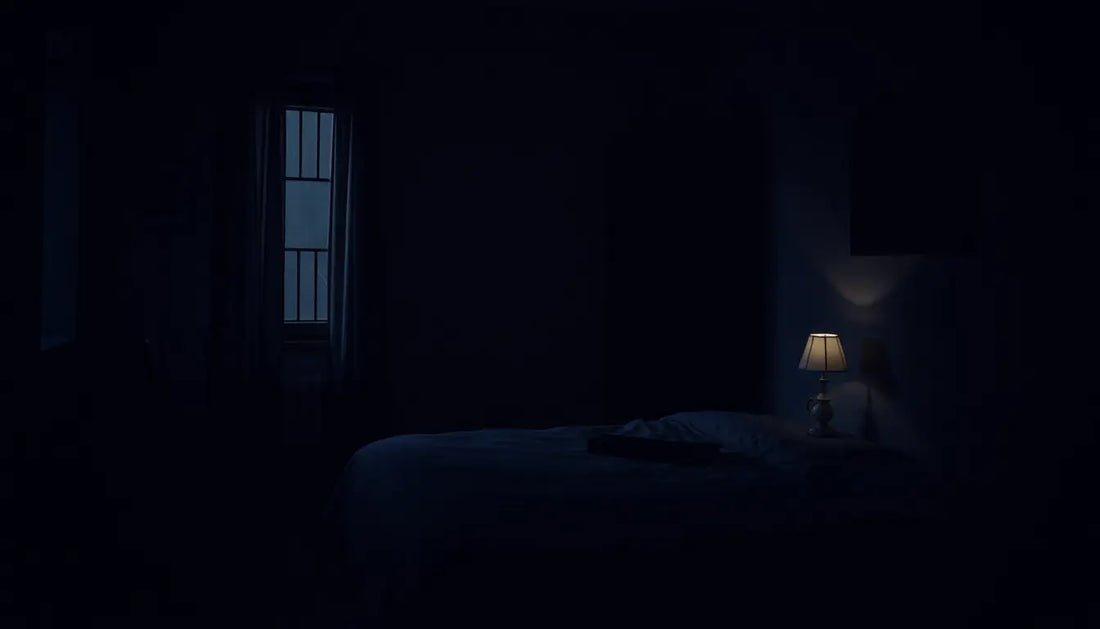
Understanding Sleep Paralysis: Causes, Symptoms, and Effective Solutions
What is sleep paralysis?
Sleep paralysis is an intriguing and often frightening phenomenon that occurs when the body transitions from a state of sleep to a state of wakefulness. During this transitional period, a person may find themselves unable to move or speak, despite being aware of their surroundings. This condition may be accompanied by hallucinations, making the experience even more disconcerting. Although sleep paralysis is generally harmless, it can cause feelings of anxiety and fear in those who experience it.
Causes of sleep paralysis
Understanding the causes of sleep paralysis is essential to finding ways to prevent it. Here are some of the main causes that have been identified:
- Sleep deprivation: Regular lack of sleep or sleepless nights can disrupt the sleep cycle, increasing the risk of sleep paralysis.
- Sleeping position: Sleeping on your back is often cited as a risk factor. In this position, the tongue and throat muscles can obstruct the airway, which could trigger episodes.
- Stress and anxiety: High levels of stress, anxiety or depression can affect sleep quality and cause episodes of paralysis.
- Medical conditions: Some sleep disorders, such as narcolepsy, are closely linked to sleep paralysis. Other conditions, such as sleep apnea, may also be contributing factors.
- Change in lifestyle: Changes in time zone, such as those experienced by frequent travelers, can disrupt the sleep-wake cycle.
- Substance use: The use of certain medications or substances such as alcohol can affect the quality of sleep and promote sleep paralysis.
Symptoms of Sleep Paralysis
Symptoms of sleep paralysis usually occur when falling asleep or waking up. The most common symptoms include:
- Inability to move or speak: The feeling of being paralyzed can be very disturbing, and the person may remain motionless for a few seconds to a few minutes.
- Visual hallucinations: Some people report seeing figures or shadows in their room, which can be extremely disturbing.
- Auditory hallucinations: Strange sounds, such as footsteps or whispers, may also be heard during these episodes.
- Pressure on the chest: Many people feel a crushing pressure on their chest, which can make it difficult to breathe.
- Intense fear or anxiety: The experience may be accompanied by panic fear or feelings of dread, making the episode even more traumatic.
Effective Solutions to Prevent Sleep Paralysis
Although sleep paralysis can be disturbing, there are several strategies that can help reduce its frequency:
- Improve sleep hygiene: Establish a regular sleep routine by going to bed and waking up at the same time each day. Create an environment conducive to sleep by keeping your bedroom dark, quiet and cool.
- Limit naps: Long naps during the day can disrupt the nighttime sleep cycle. If you must rest, limit naps to 20-30 minutes.
- Reduce stress: Incorporate relaxation techniques into your daily routine, such as meditation, yoga, or deep breathing. This can help reduce anxiety levels and improve sleep quality.
- Avoid stimulants: Limit caffeine, nicotine, and alcohol intake, especially in the hours before bedtime. These substances can disrupt sleep and increase the risk of sleep paralysis.
- Regular exercise: Regular physical activity can improve sleep quality. Try to incorporate at least 30 minutes of moderate exercise into your daily routine, but avoid exercising right before bed.
- Consult a professional: If you frequently experience sleep paralysis, it may be beneficial to consult a doctor or sleep specialist. They can perform tests to determine if there is an underlying condition.
- Avoid sleeping on your back: If you are prone to sleep paralysis, try sleeping on your side. This can help reduce pressure on your airway and decrease the risk of episodes.
Conclusion
Sleep paralysis can be a disconcerting and frightening experience, but it is usually harmless. By understanding its causes and adopting effective solutions, it is possible to minimize the frequency and intensity of these episodes. If you are struggling with this phenomenon, do not hesitate to seek professional help to improve your quality of sleep and regain peace of mind. A good night's sleep is essential for your physical and mental health, and with the right strategies, you can get closer to a peaceful and restful sleep.


